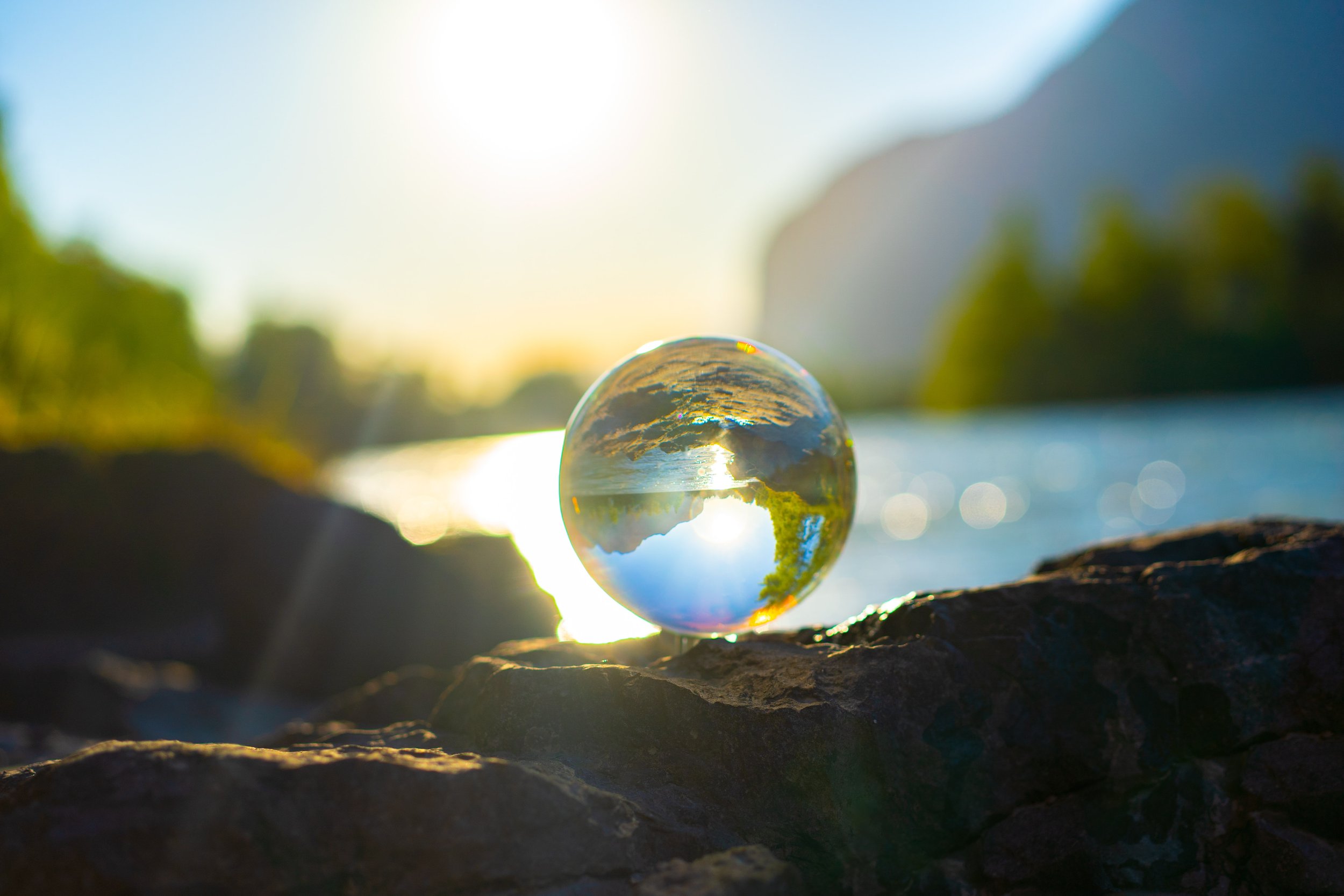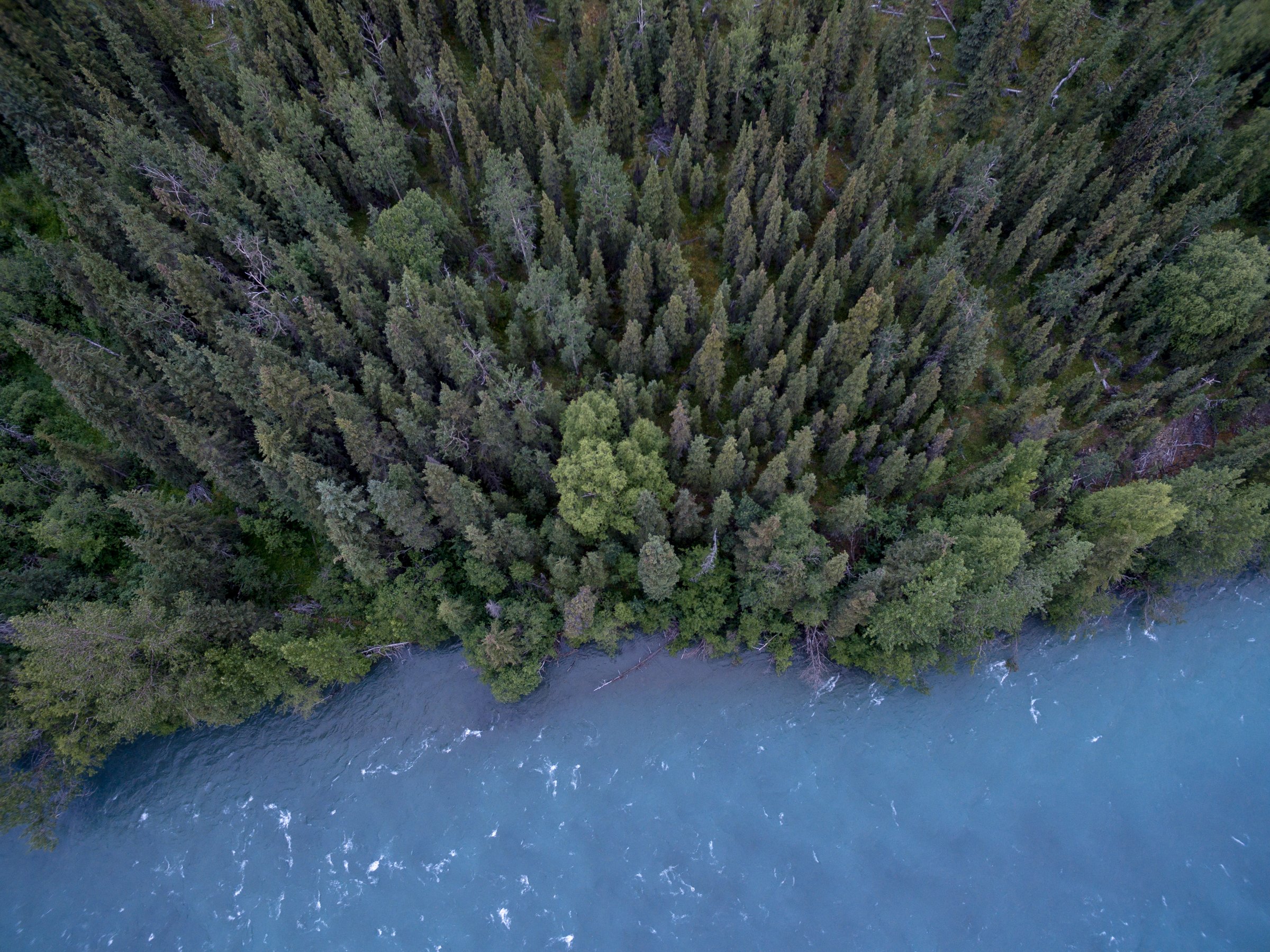
Climate Change
The Climate is A’Changing
The impacts of our changing climate are all around us. Our human dependency on fossil fuels has caused global temperature changes that affect us in dramatic ways, like sea level rise and habitat destruction. It is difficult to imagine the devastating impacts of a shifting climate on Lummi Island’s plants, wildlife, people and ecosystems. Our terrestrial and marine natural areas are exquisitely adapted for today’s climate conditions and systems can adapt to some extent, but drastic changes will have unpredictable outcomes.
Our conservation and restoration efforts link precious acres of open space, so that Lummi Island will always be a place with abundant forests, fields, wetlands and undeveloped shorelines; so that Douglas squirrels, Great horned owls, deer, coyotes, salmon and Bald eagles thrive; and so that native plants, mushrooms and old growth trees have habitat to flourish. It’s also about protecting nature so that people have quiet forested trails and places to reflect, learn and recreate; and so that we can pass on a culture of conservation to the next generation. And do our part towards helping slow climate change.
The following principles guide Lummi Island Heritage Trust in its mission to address current and future impacts of changing weather patterns, sea level rise, more frequent and intense storm events, and increasing risk of wildfires and floods:
Inventory and assess carbon storage capacities and other benefits of conserved lands using the best available science;
Protect and expand resilient and connecting landscapes for survival of plant and wildlife species;
Communicate value of conservation strategies, including clean air, water quantity and quality, carbon sequestration, sea level rise mitigation, and species' survival; and
Inspire and engage the community in conservation work and implementing climate adaptation strategies.

Impacts on Lummi Island
It is difficult to imagine the impacts of a seven degree increase on our island residents and ecosystems, except that they are likely to be devastating. Our terrestrial and marine ecosystems are exquisitely adapted to the current suite of climatic conditions, and while systems can adjust to gradual variations, drastic changes will have unpredictable outcomes. Nonetheless, we can identify some near-term impacts currently being experienced from continued gradual warming.
Learn more about what LIHT is doing to mitigate the effects of climate change in this document, Climate Change Impacts in the Pacific Northwest.


